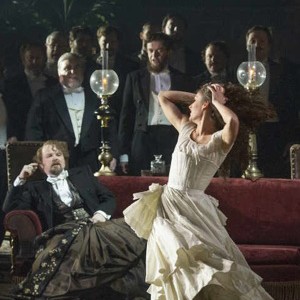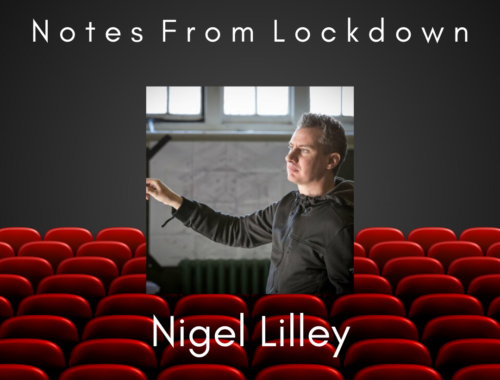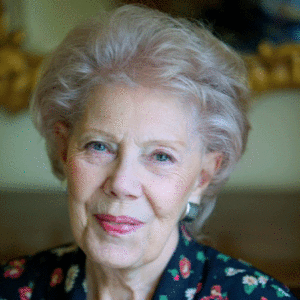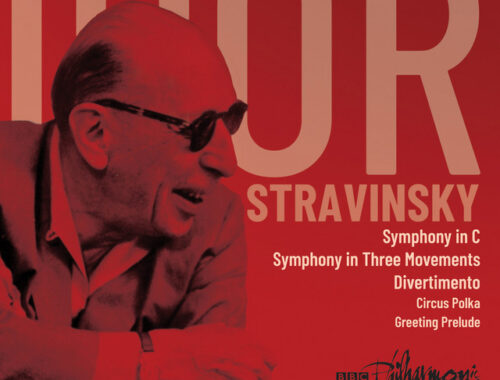Rigoletto, English National Opera, London Coliseum
 The hunchback slumps in his chair like some malevolent watchkeeper – master of all he surveys. But as the black front curtain is drawn back like a shroud or veil of deceit, the world according to Rigoletto is revealed like a mirror image of his dark heart, a place of dastardly deeds and abject humiliation. No master, he, but a “fool”, a slave to his own bitterness. In the “gaming room” of this exclusive gentleman’s club – an extraordinary Michael Levine set of breathtaking depth and opulence – the only game in town is misogyny. And so the stage is set for Verdi’s incendiary opera with director Christopher Alden abandoning the outside world but not the period (mid-19th century) and confining Victor Hugo’s unpleasant characters to this closed and not so secret environment. There is no distinction here between work place and home, the public and the private. The drama unfolds in a kind of richly stylised slow-motion, as cold and calculated as it is inevitable.
The hunchback slumps in his chair like some malevolent watchkeeper – master of all he surveys. But as the black front curtain is drawn back like a shroud or veil of deceit, the world according to Rigoletto is revealed like a mirror image of his dark heart, a place of dastardly deeds and abject humiliation. No master, he, but a “fool”, a slave to his own bitterness. In the “gaming room” of this exclusive gentleman’s club – an extraordinary Michael Levine set of breathtaking depth and opulence – the only game in town is misogyny. And so the stage is set for Verdi’s incendiary opera with director Christopher Alden abandoning the outside world but not the period (mid-19th century) and confining Victor Hugo’s unpleasant characters to this closed and not so secret environment. There is no distinction here between work place and home, the public and the private. The drama unfolds in a kind of richly stylised slow-motion, as cold and calculated as it is inevitable.
The fluency of the conception needs more practice – moving the furniture was a noisy business on opening night – and adjusting to the ritualistic nature of the staging was plainly proving something of a challenge for one or two audience members around me. But this is a production which repays one’s patience and concentration and as the plot thickens, so to speak, and the vision grows darker so Alden chills and excites with his theatricality.
It is amazing, for instance, how enshrining the whole piece in this stultifying and oppressive environment intensifies a sense of Rigoletto’s own entrapment and that of his imprisoned daughter Gilda. When we first set eyes on her she is gazing at a portrait of the mother she never knew and contemplating the love that her father – in his pathological possessiveness – will not share. It simply dare not speak its name. She is easy prey for the womanising Duke and her susceptibility to romantic notions has her quite literally showered with red rose petals when the Duke confesses undying love in the guise of another. Those same petals will symbolise the spilling of her life-blood in the final scene. Only then, in death, will these predatory “men of the night” – top-hatted and veiled when they come to abduct her – be gone.
Alden uses his posturing male chorus with sinister aplomb: they are a frenzied scrum of concealment around the Duke’s seduction in the first scene of act two and the physical proximity of the hunchback to his defiled daughter greatly heightens the cruelty and poignancy of the scene. Likewise the bacchanal which accompanies Gilda’s self-sacrifice at the height of the storm.
There’s a real Verdi stylist in the pit in the shape of Graeme Jenkins and that feeling for the inherent lyricism and drama of the line is very much reflected in the singing of the principals. I wish Anna Christy’s voice displayed more individuality than it does but she chronicles the notes and the feeling behind them with skill and understanding and she has the distinct advantage of a petite and vulnerable presence on stage. Barry Banks‘ presence is all the the vocal swagger and whilst he taxes our suspension of disbelief that he is some kind of Apollo the virility (if not beauty) of his voice really raises the temperature in the room. Jenkins doesn’t encourage much in the way of interpolated top notes but we do get a sizzling high E-flat from Christy at the height of the vengeance duet.
In the title role Quinn Kelsey is physically and vocally right on the money. The voice is of international distinction with both power and reach and most importantly a really grateful Verdian legato. Finally succumbing to Monterone’s curse (his corpse hangs ignominiously throughout the first scene of act three) he howls into the void of Levine’s amazing set now dramatically cleared of his tormentors and their trappings. It is an empty and lifeless place.
Image: ENO Rigoletto 2014 (c) Alastair Muir
You May Also Like

NOTES FROM LOCKDOWN: Nigel Lilley in Conversation
16/06/2020
DAME JANET BAKER in Conversation: Newbury Spring Festival
09/01/2022